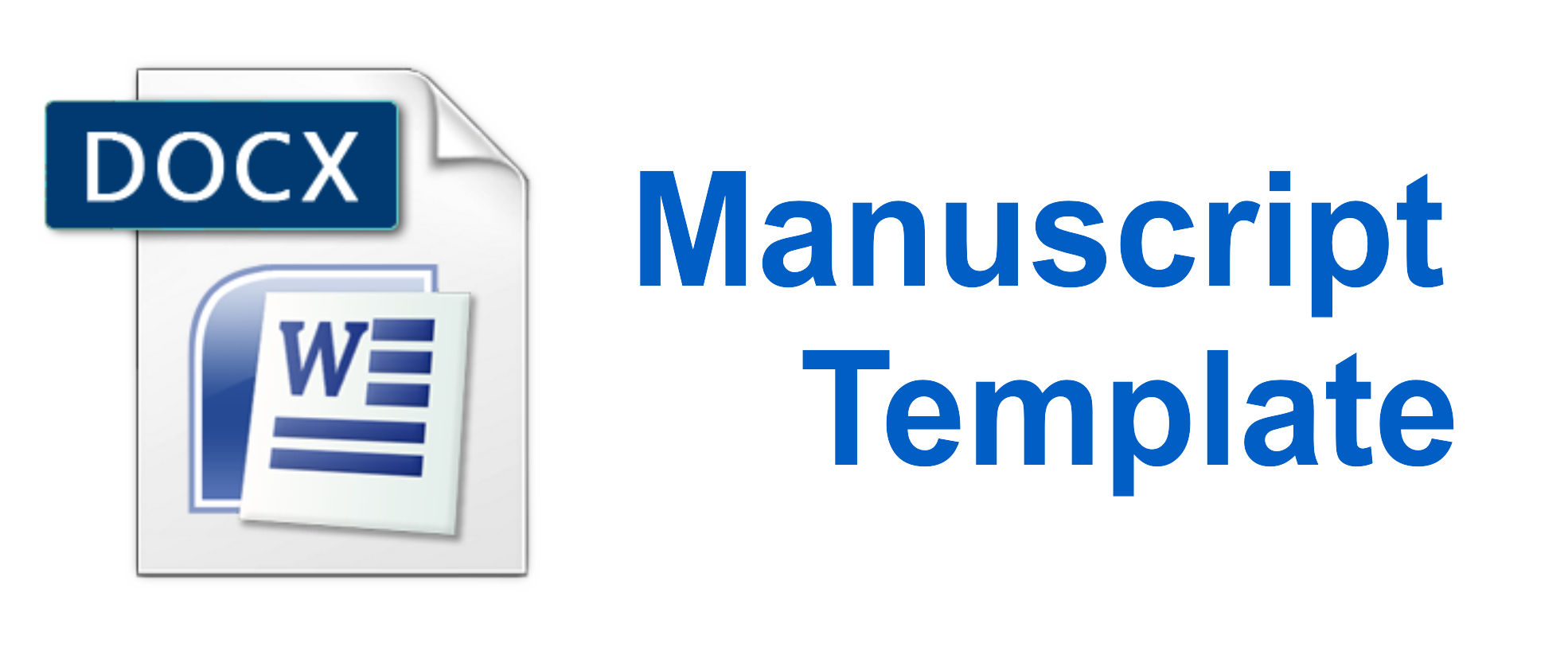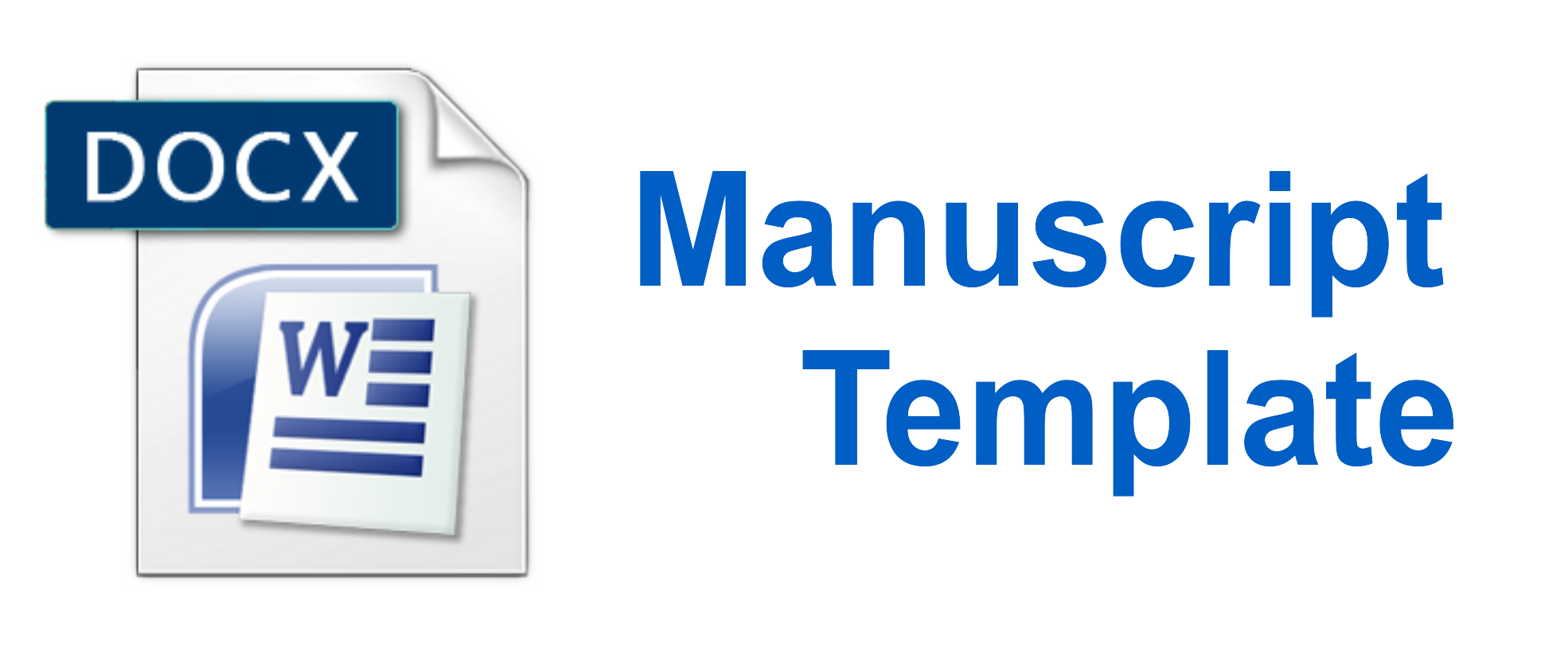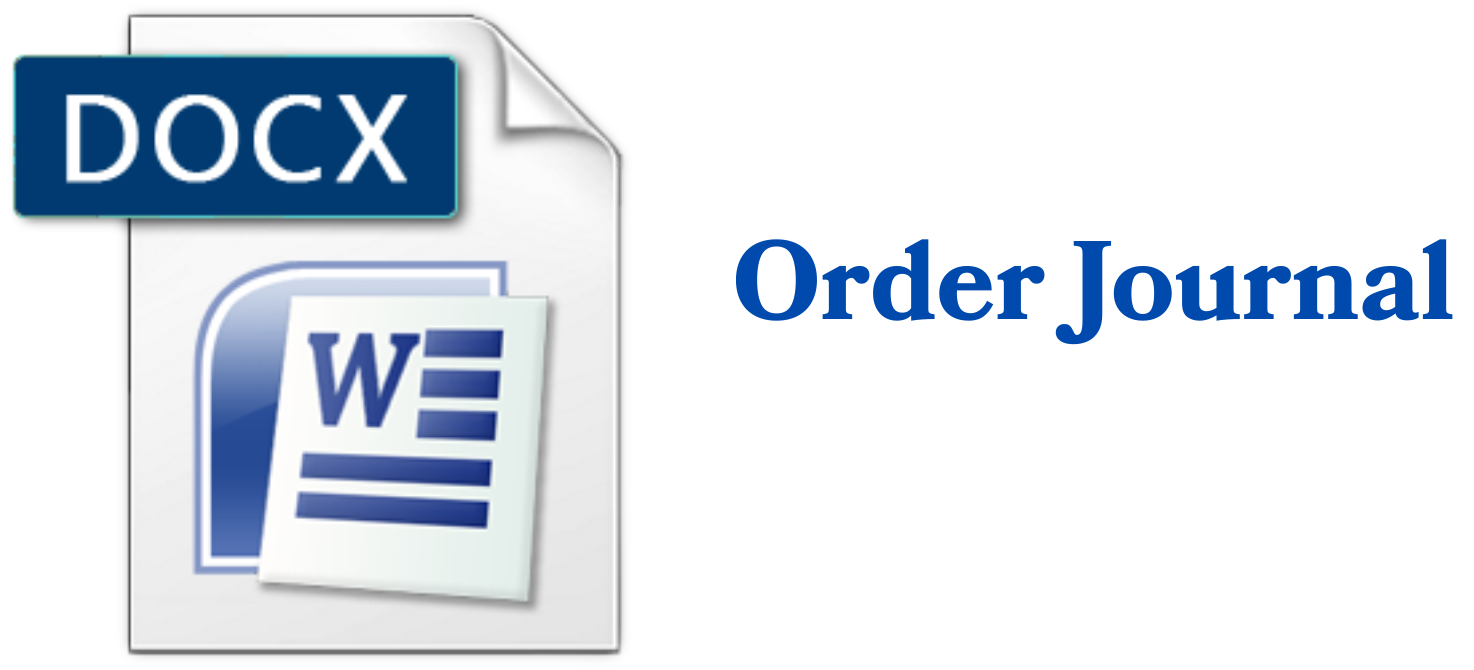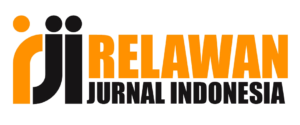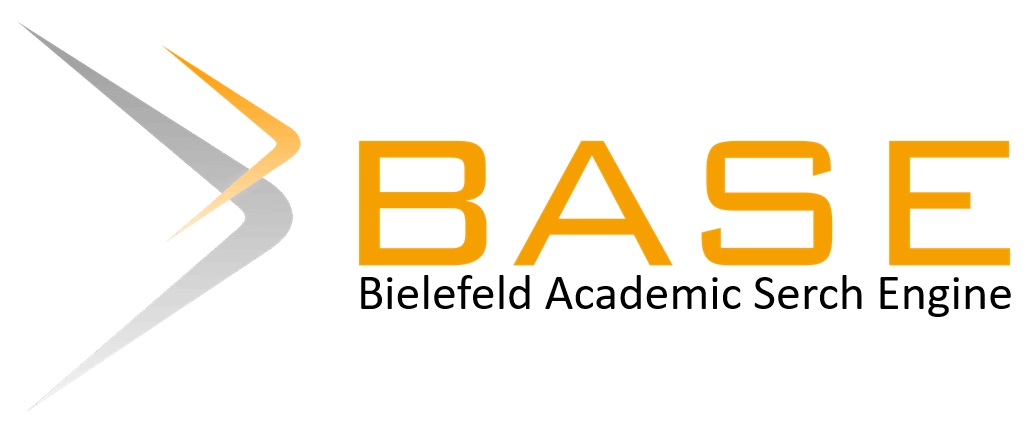THE IMPLEMENTATION OF CHARACTER EDUCATION IN FORMING STUDENT’S MORALS AND SPIRITUALITY
DOI:
https://doi.org/10.35316/edupedia.v9i1.4636Keywords:
character education, morality, spiritualityAbstract
Madrasah Aliyah Hidayatullah is a madrasah located in the Abu Zairi Bondowoso Islamic Boarding School. This Islamic boarding school is known for its high religious nuances by the surrounding community. So, these characteristics are also found in Madrasah Aliyah Hidayatullah which is in it. This research was carried out to uncover the character education applied in the institution. The method used to reveal this is qualitative-descriptive by making managers, teachers, and students as informants and their daily life behaviors at school and related documents. The results of this study show that character education at Madrasah Aliyah Hidayatullah is a typical character education of Islamic boarding schools which is standardized by the school as Standard Operating Procedures (SOP). There are 6 (six) programs contained in the SOP, namely Program 1A, Program 13S, Program 6R, Program 4O, 3B, and SATFA Program.
References
Alawiyah, Faridah. 2014. “Pendidikan Madrasah Di Indonesia.” Aspirasi: Jurnal Masalah-Masalah Sosial 5(1):51–58.
Alimah, A. 2020. “Contemplative and Transformative Learning for Character Development in Islamic Higher Education. Ulumuna, 24 (1), 1–23.”
Arifin, Syamsul. 2014. “Islam Ditinjau Dalam Aspek Pendidikan.” Tarbiyatuna: Jurnal Pendidikan Islam 7(1):107–29.
Asroruddin, Muh. 2016. “Pembinaan Moral Spiritual Siswa Melalui Pembiasaan Shalat Jamaah.” Al-Amin Journal: Educational and Social Studies 1(1):72–116.
Azis, Fatimah, Rahmat Nur, and Ananda Setiawan. 2023. “Integration of Character Value Models in Senior High School.” AL-ISHLAH: Jurnal Pendidikan 15(1):113–20.
Cahyono, Heri. 2016. “Pendidikan Karakter: Strategi Pendidikan Nilai Dalam Membentuk Karakter Religius.” Ri’ayah: Jurnal Sosial Dan Keagamaan 1(02):230–40.
Hakim, Lukman. 2016. “Pemerataan Akses Pendidikan Bagi Rakyat Sesuai Dengan Amanat Undang-Undang Nomor 20 Tahun 2003 Tentang Sistem Pendidikan Nasional.” EduTech: Jurnal Ilmu Pendidikan Dan Ilmu Sosial 2(1).
Julaiha, Siti. 2014. “Implementasi Pendidikan Karakter Dalam Pembelajaran.” Dinamika Ilmu 14(2):226–39.
Luppicini, Rocci. 2005. “A Systems Definition of Educational Technology in Society.” Journal of Educational Technology & Society 8(3):103–9.
Muid, Abdul. 2020. “PENGEMBANGAN KARAKTER DISIPLIN SISWA MELALUI RUTINITAS RELIGIUS PEMBACAAN RATIBUL HADDAD, ISTIGHOSAH DAN TAHLILDI MTs IRSYADUL ATHFAL JATIREMBE BENJENG GRESIK.” JURNAL ILMU PENGETAHUAN DAN PENDIDIKAN ISLAM 6(6).
Oktapiani, Marliza. 2020. “Tingkat Kecerdasan Spiritual Dan Kemampuan Menghafal Al-Qur’an.” Tahdzib Al-Akhlaq: Jurnal Pendidikan Islam 3(1):95–108.
Rijali, Ahmad. 2019. “Analisis Data Kualitatif.” Alhadharah: Jurnal Ilmu Dakwah 17(33):81–95.
Rosad, Wahyu Sabilar. 2020. “Pelaksanaan Shalat Dhuha Dalam Meningkatkan Kecerdasan Spiritual Siswa Kelas 3 Madrasah Ibtidaiyah Ma’arif Nu Ajibarang Wetan.” Al-Munqidz: Jurnal Kajian Keislaman 8(1):119–38.
Rouf, Muhammad. 2016. “Memahami Tipologi Pesantren Dan Madrasah Sebagai Lembaga Pendidikan Islam Indonesia.” Tadarus 5(1):68–92.
Sari, Aidah. 2017. “Implementasi Pendidikan Karakter Di Sekolah Melalui Kegiatan Pembiasaan Dan Keteladanan.” Tarbawi: Jurnal Keilmuan Manajemen Pendidikan 3(02):249–58.
Sudrajat, Ajat. 2011. “Mengapa Pendidikan Karakter?” Jurnal Pendidikan Karakter 1(1).
Tosun, Cemal. 2018. “Religious Education as a Scientific Discipline: The Establishment of Religious Education Department at Ankara University Divinity Faculty.” Dini Araştırmalar 21(53 (15-06-2018)):9–34.
Widodo, Heri. 2016. “Potret Pendidikan Di Indonesia Dan Kesiapannya Dalam Menghadapi Masyarakat Ekonomi Asia (MEA).” Cendekia: Jurnal Kependidikan Dan Kemasyarakatan 13(2):293–308.
Downloads
Published
How to Cite
Issue
Section
License
Edupedia: Jurnal Studi Pendidikan dan Pedagogi Islam adopts the Creative Commons Attribution–ShareAlike 4.0 International License, which allows users to reproduce, modify, and distribute published articles in any medium for lawful purposes, provided that appropriate attribution is given to the original author(s) and the journal, the license is properly cited, any changes are clearly indicated, and derivative works are distributed under identical licensing terms.
Upon publication in Jurnal Kesehatan Vokasional, authors confer to third parties the rights to use their articles in compliance with the Creative Commons Attribution–ShareAlike 4.0 International License.
Copyright on articles is retained by the respective author(s), without restrictions. A non-exclusive license is granted to Edupedia: Jurnal Studi Pendidikan dan Pedagogi Islam to publish the article and identify itself as its original publisher, along with the commercial right to include the article in a hardcopy issue for sale to libraries and individuals.
![]()



